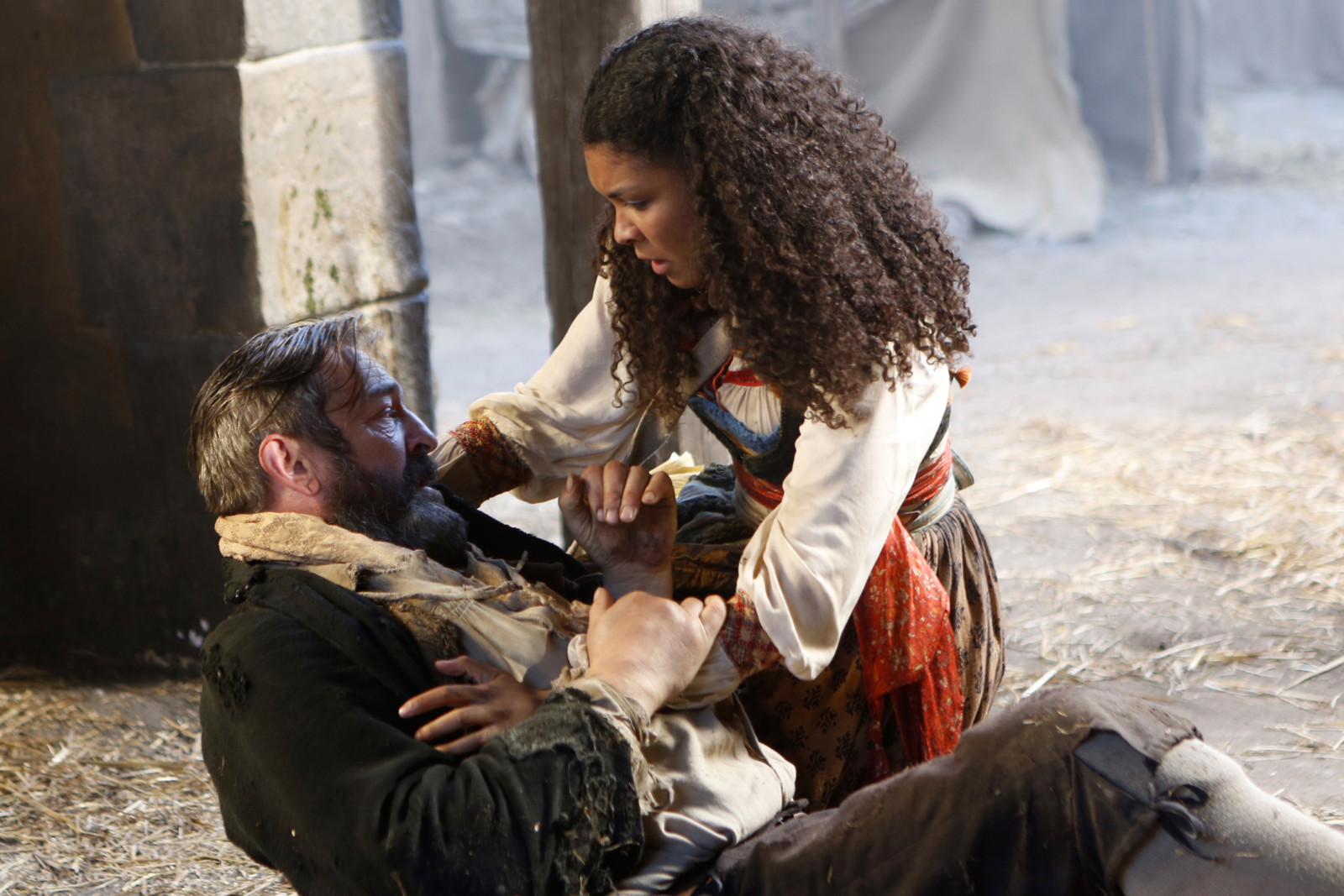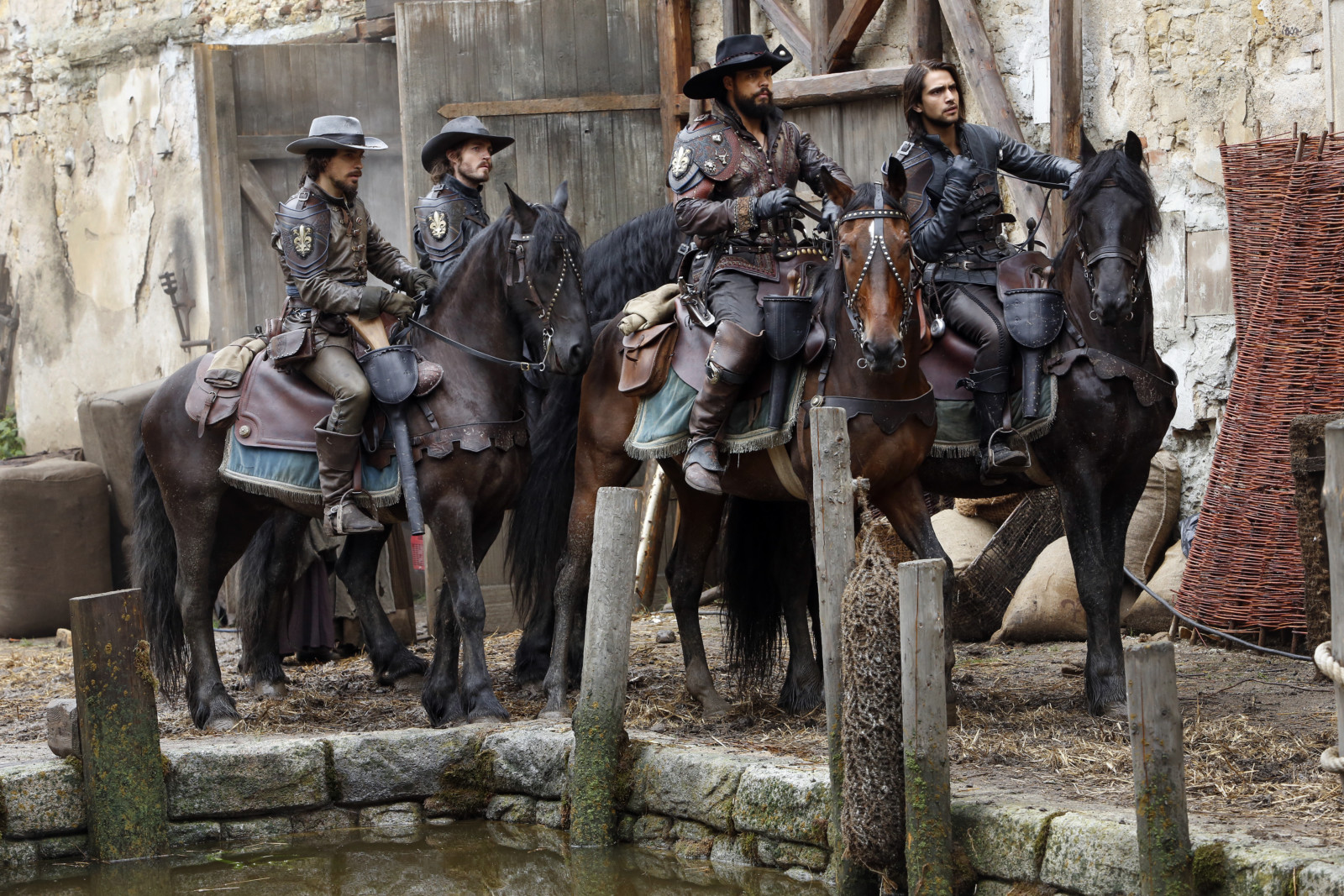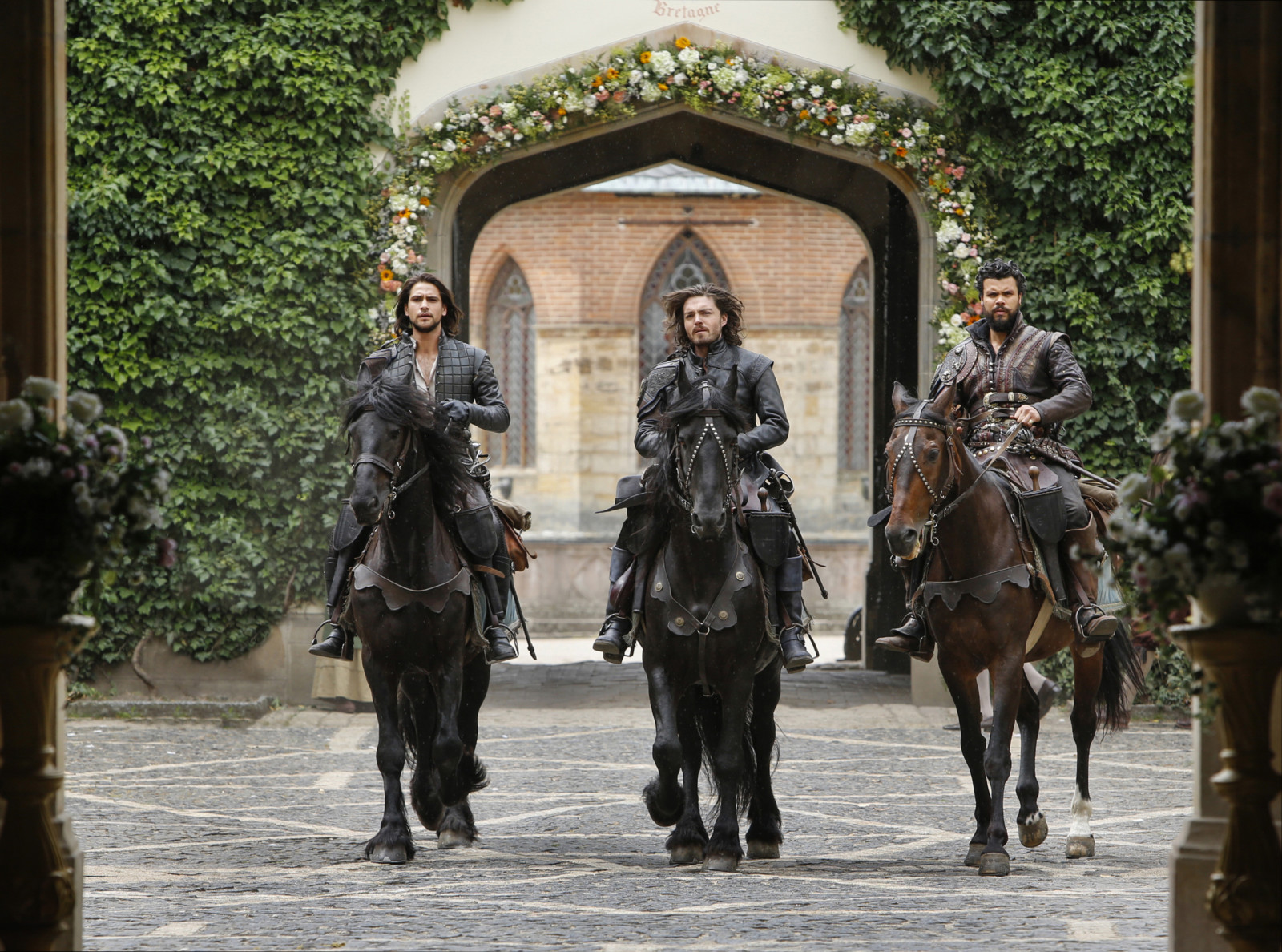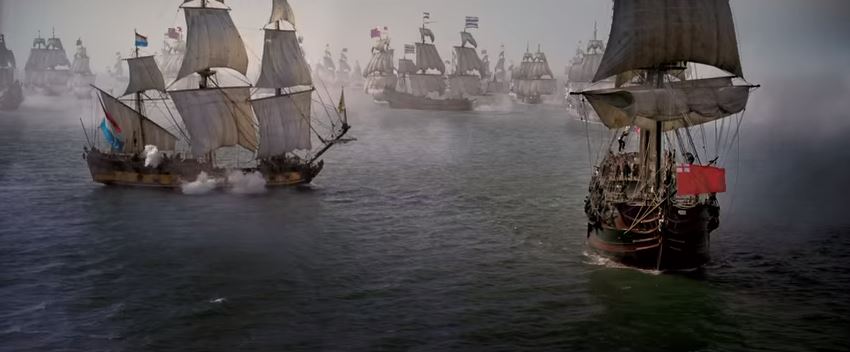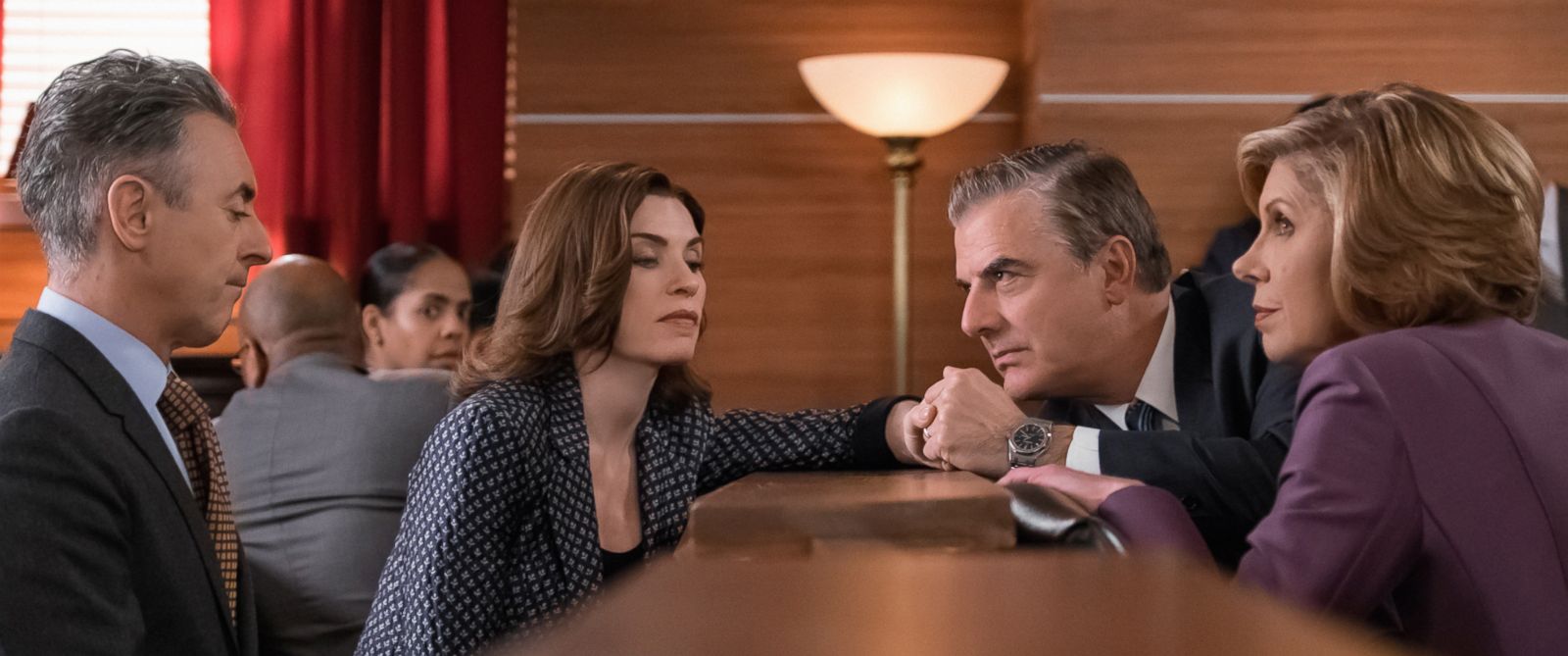For the second time in a row, el V returned from Cuba with Something, which he then generously passed on to me. Neither of us fully recovered from the previous bout of whatever-it-is, particularly the coughing. We did have a purrfect weather day Thursday and I felt quite wonderful, and the cough itself receded so much that I dared to think it was really on its final way out. But yesterday, again wet, windy, grey, and by later in the night downright chilly, the cough was back as badly as it had ever been, with accompanying lassitude. Woke about 4 AM today and there was no denial: body aches, congestion, sore throat, swollen glands and that pressure thing behind the eyes and sinking abdominal sensation. Ay--up: sick, o yes, sick. Again.

So there is going to be a lots of fluff tv in my immediate future. The following are part of what I consider "fluff tv" and which I've been watching the last few weeks. I don't go in for guilty pleasure. If it's a pleasure, it's not guilty. But I do make a distinction between something like the series below and say,
watching something like this -- which I'm very much looking forward to watching.
Fluff TV
The Mysteries of Laura
The first season (2014 - 2015) of NBC's
The Mysteries of Laura, was adapted from a Spanish television series
, Los misterios de Laura. is slap jack and light-hearted, with no resemblence to the NYPD or NYC crimes we all know. The series got two seasons, and They Say the second season was darker which may be why it got cancelled this spring. This past week it was announced there would be no third season. But the bridges and bumpers between scenes and the opening shots were NYC, pure NYC, filled with excitement and adrenaline,in the way the same were for
White Collar or for
Elementary, another NYC show that I adore.
White Collar did exciting work with cinematography, ensemble of actors and writing than network tv's
Laura could do, especially with a 20 + season's worth of episodes.
WC was all around a higher quality show, with no doubt a much bigger budget. However, the nice difference between that series and
Laura, is
Laura is a working class NYC of sports bars, commuting to work, child care emergencies, not the exalted realms of international finance, art, insurance, etc. that were
White Collar’s playgrounds. Even when a Laura episode dealt with art or banking or private schools, it was always as Laura and her boss - ex-husband as working class outsiders. It was fun. The principals are all actors that most television watchers who aren't me would recognize from other successful network television series.
The Republic of Doyle
Now that Laura's first season has been watched, the dinner making time of day watching has been succeeded by a Canadian Newfoundland-Labradorian series called
The Republic of Doyle, set in St. Johns, Newfoundland. Six seasons all together, the first season aired in 2010, which I'm currently 3/4 through. Father, Malachy Doyle, and son, Jake Doyle, work as private investigators out of Malachy's house's garage -- and Jake is back living there too, as his marriage with rather unstable outside her medical work, Nikki Renholds, has gone kaput -- but he can't quit her, despite having the wonderful Detective Sergeant of St. John's police force also on his string.. Other people living in Malachy's house is his girlfriend Rose (who has A Past he didn't know) and his 15-year-old grand-daughter, Tinny. There are many complications -- "it's complicated" is a favorite line -- among characters recurring and arriving, and shenanigans, secrets and lots of chasing, and lots of drinking in a bar called the Duke of Duckworth, which is a real and popular place in St. Johns. The central figure is Jake, the pure distillation of man-boy indeed, including he always thinks first with his d*ck, which can be wearing. There is no limit to the number of beautiful and often fatal women who show up in St. John's and inevitably cross the eyes of Jake. But again, it's the sense of local locale and ensemble that makes it work.
Indeed, there was an episode that made gentle fun of itself for the Doyle's quirky, quaint people and location. A many millions internationally selling crime writers shows up to follow Jake around. His sales are beginning to wane, so his publisher, editor and agent all told him he should start a fresh new series -- a QQCM -- "Quirky, quaint cosy mystery." This ruffles Jake's fur, especially as the writer imposes plots and motives and even evidence according the story he wants to tell, rather than who killed who in reality >!< and why there are missing people and pieces. But the women all love Big Successful Writer even more than they love Jake -- and everybody knows who BSW is and is willing to talk. It's this willingness of Canadian television to often make gentle fun of itself is one of Canadian series' charms.
The Killjoys
Also the first season (2015) of a Canadian SF series,
The Killjoys, which I just began. However, after three and part of the 4th episode, I rather dislike it for all the same reasons I disliked
The Expanse, which I threw back into the sea as well. Quippy – but not witty, though it thinks so -- violent and riddled with that childish boy-man bs of being able to take endless punishment and walk away and never break down physically or emotionally, while always quipping. Quite like why grimdark is often so annoying: these men never shut up! They talk-talk-talk at each other and at the watcher - reader, while ensuring the watcher - reader is supposed to believe they are superior characters whose cheap cynicism proves it. However its done well enough at home and on the SyFy channel that it gets another season. For me its neither fun nor interesting, but stale as old bread, as they chase about their galactic system looking for baddies, attempting to avoid getting caught themselves, while, of course, being caught up in some mysterious backstory of the beautiful boss, yaddayaddayadda.
Grantchester
Grantchester season 2 on PBS concluded. Was not particularly happy with the finale which has Our Vicar reunited with pregnant (not by him), still married, ex-girlfriend. Do not like girlfriend. Nothing there to make her special. Kind of interesting that the Reverend Sydney Chambers is played by James Norton, who is a very big pyschopath bad sex-serial killer on
Happy Valley.
Nashville
Nashville is canceled by ABC. No season 5 will appear Two more episodes of season 4 to go. The writers / network really bolloxed it up after the first season. Nor did things ever get fun again once Juliette and the actress who played her got pregnant, and both of them suffered post-partum depression, so Juliette was mia for a long time. The music though, was always good, much better than what one does hear on country radio.

